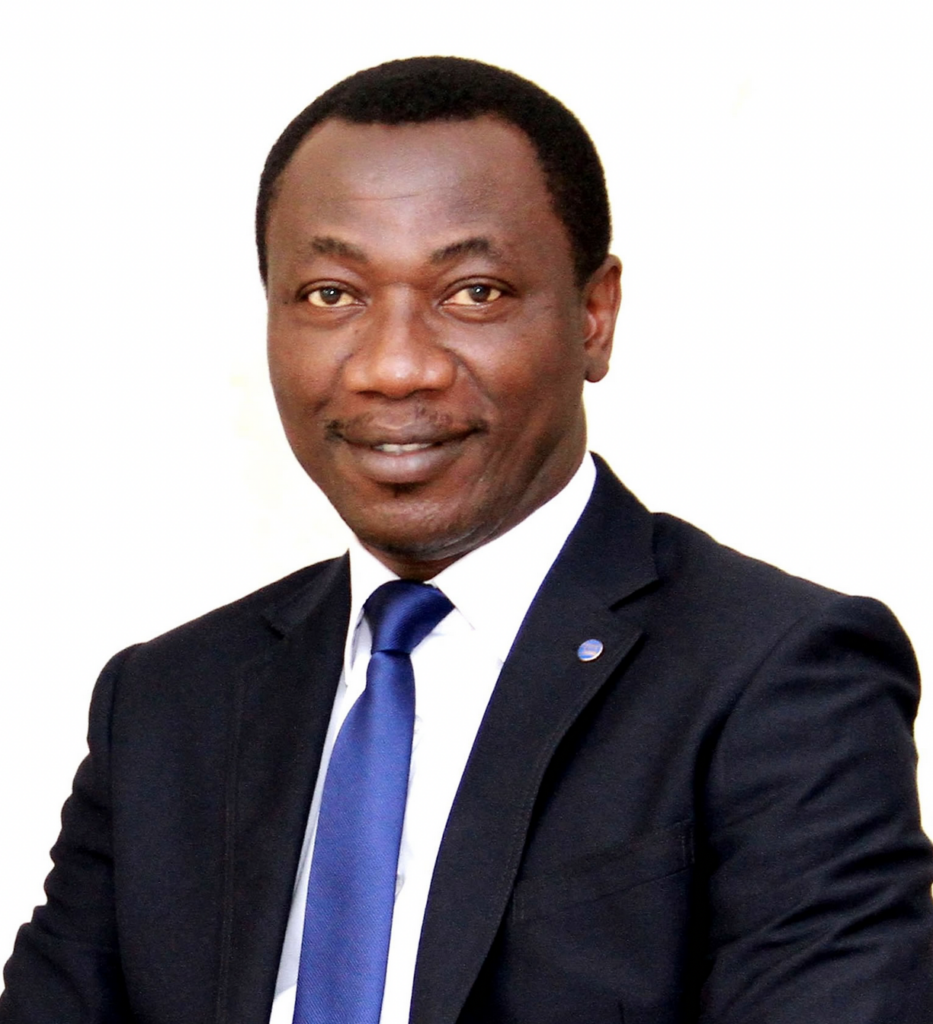
Josué Guébo
Docteur en Histoire et philosophie des sciences et Maître de conférences à l’Université Félix Houphouët-Boigny d’Abidjan, Josué Guébo s’intéresse aux enjeux épistémologiques, éthiques et culturels des sciences et des technologies.
Il est fondateur et président de la Société ivoirienne de transhumanisme (SIVOT), structure qui œuvre à la diffusion et à la réflexion critique autour du transhumanisme en Afrique, en favorisant le dialogue entre chercheurs, praticiens et société civile.
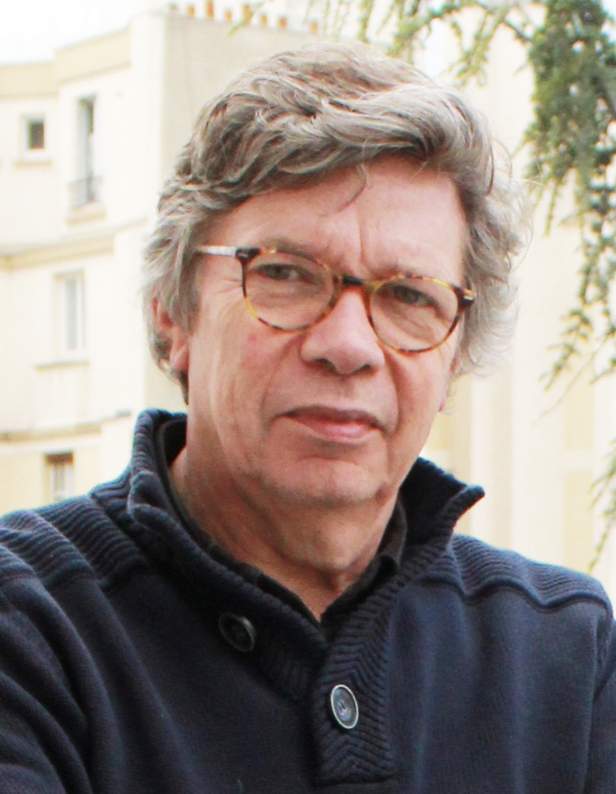
Jean-Michel Besnier
Professeur émérite de philosophie à l’université Paris-Sorbonne, ses recherches actuelles concernent principalement l’impact philosophique et éthique des sciences et des techniques sur les représentations et les imaginaires individuels et collectifs.
Il est notamment l’auteur de Demain les posthumains : le futur a-t-il encore besoin de nous ?, Paris , 2009 ; et de L’Homme simplifié : le syndrome de la touche étoile, Paris, Fayard, 2012.
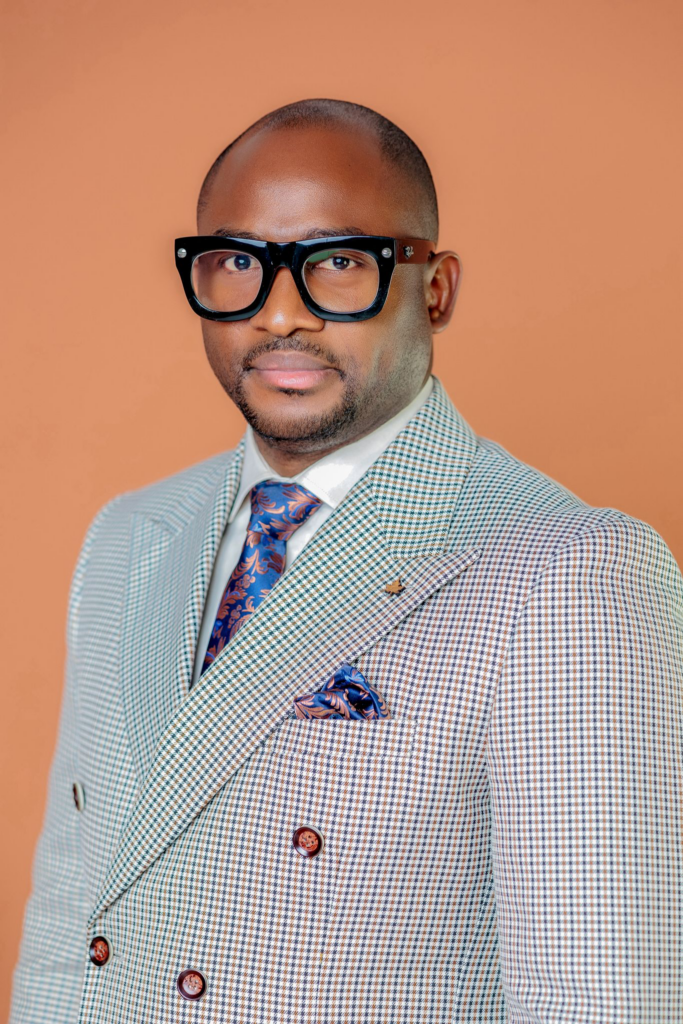
Armand Ngaketcha Njafang
Chercheur et entrepreneur camerounais dont le parcours témoigne d’un engagement profond dans les domaines de la bioéthique, de l’entrepreneuriat et des relations Québec-Afrique.
Titulaire d’un doctorat de l’Université libre de Bruxelles, il a mené des recherches sur les enjeux éthiques liés aux avancées technologiques, notamment le transhumanisme. Son ouvrage « Nature Humaine et Thérapies régénératrices. Essai de bioéthique progressiste » publié en 2015 reflète son intérêt pour ces questions.
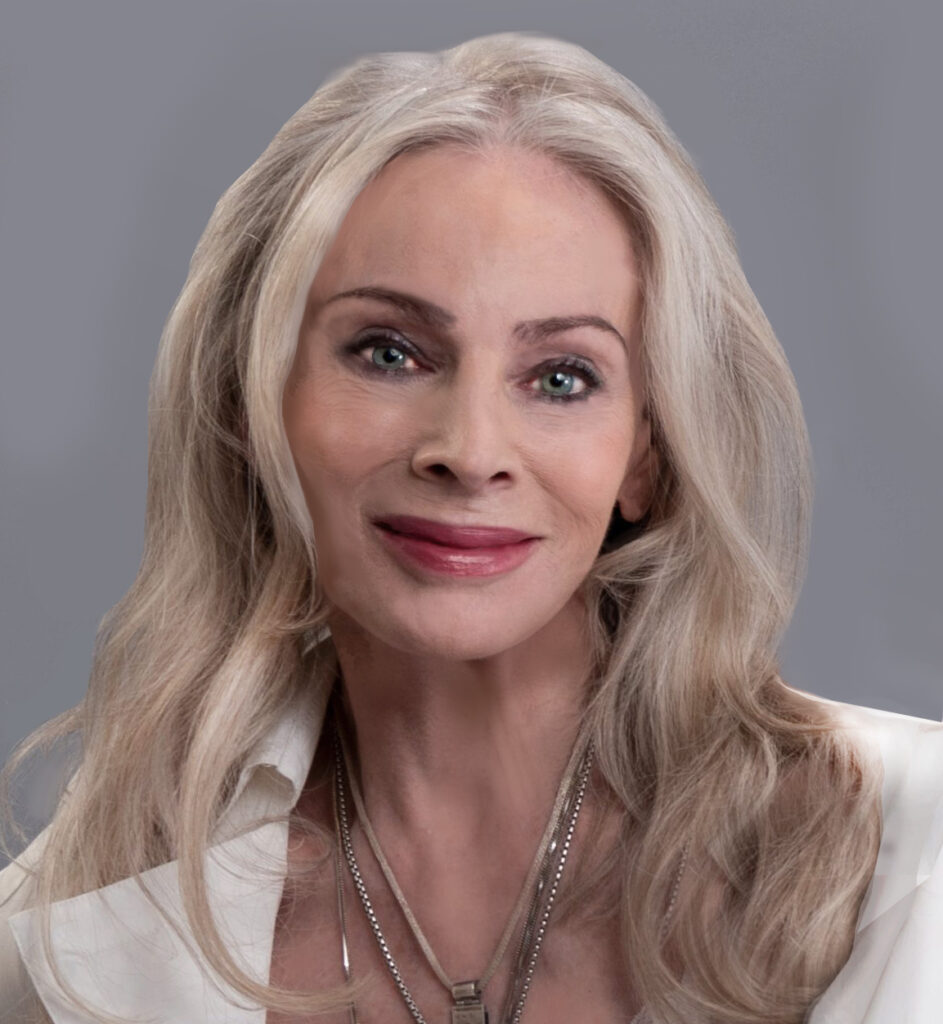
Natasha Vita-More
is an award-winning creative who innovated the first AI-nanorobot body prototype, achieved a discovery in neuronal memory preservation, and co-pioneered a philosophical worldview. She is faculty, Geneva College Longevity Science; Distinguished Senior Fellow Center for Future Mind, FAU; and Cultural Ambassador, ALSAE. Featured in New York Times, Vogue, Politico, Forbes, and Wired, magazines and numerous documentaries, her innovative works honored at Moscow Film Festival, Telluride Film Festival, London Museum, Vigeland Museet, Louvre Museum, and Brooks Memorial Museum.
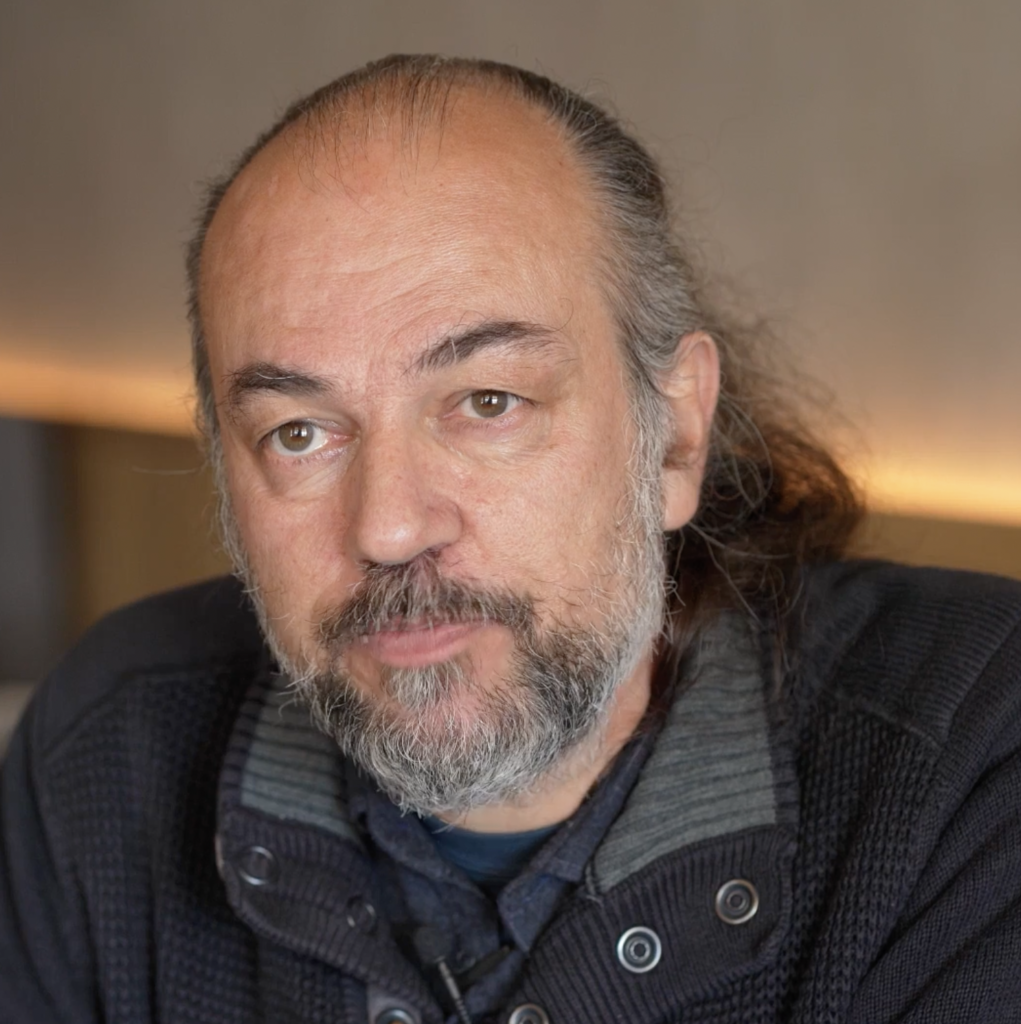
Marc Roux
Président de l’Association Française Transhumaniste – Technoprog et chercheur affilié à l’Institut for Ethics and Emergent Technologies (IEET). Il a co-organisé cinq fois TransVision, le congrès international transhumaniste. Il est fréquemment consulté pour des études universitaires, par des groupes financiers ou des entreprises, ainsi que par des partis politiques et les médias. Avec Didier Coeurnelle, il est l’auteur du livre TECHNOPROG, le transhumanisme au service du progrès social (FYP 2016), et avec le Pr. Ébénezer Njoh Mouellé de Quelle réception du transhumanisme en Afrique ?, (L’Harmattan 2023).
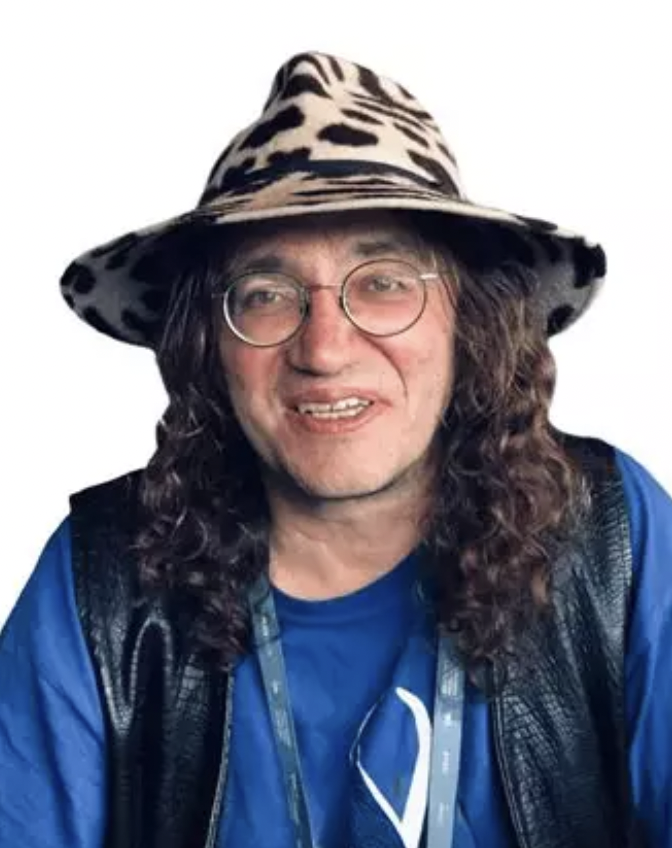
Ben Goertzel
Founder and CEO of SingularityNET. He is a leading developer of the OpenCog framework for artificial general intelligence. Computer scientist, artificial intelligence researcher, and businessman. He helped popularize the term artificial general intelligence.
Ben is currently Chair of the Board of Directors at Humanity+
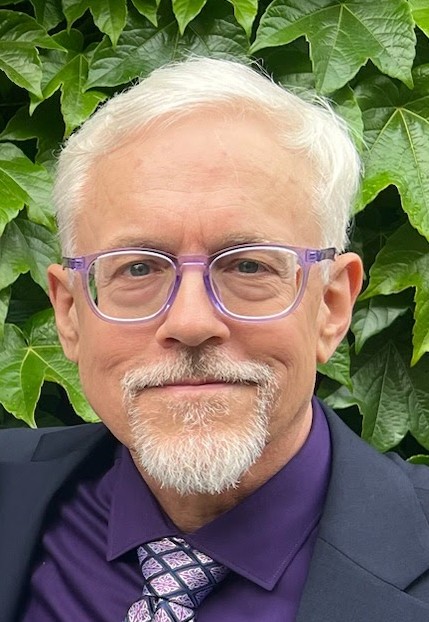
James Hughes
Ph.D., Executive Director of the Institute for Ethics and Emerging Technologies, is a bioethicist and sociologist who served as the Associate Provost for Institutional Research, Assessment and Planning for the University of Massachusetts Boston. He notably wrote Citizen Cyborg: Why Democratic Societies Must Respond to the Redesigned Human of the Future (2004).
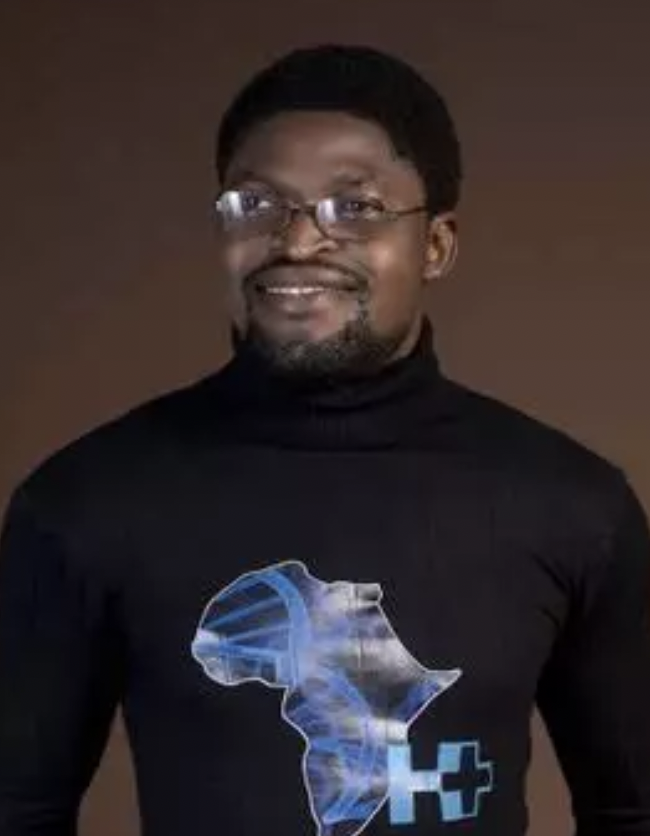
Chogwu Abdul
Ojochogwu Abdul (Chogwu Abdul) is an Afropolitan scholar, futurist, ideapreneur and community organizer working on the nexus of humanity, technology, human enhancement, African development, civilizations, and the Great Story. Chogwu is the Founder and current Chair of Transhumanists Africa.
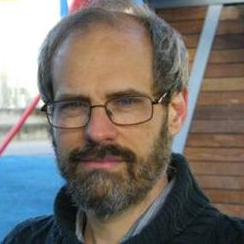
Didier Coeurnelle
Juriste, co-président de HEALES (Haelthy Life Extension Society) et vice-président de l’Association Française Transhumaniste – Technoprog. Il a écrit Et si on arrêtait de vieillir ! (2013) et, avec Marc Roux, TECHNOPROG, le transhumanisme au service du progrès social (2016).
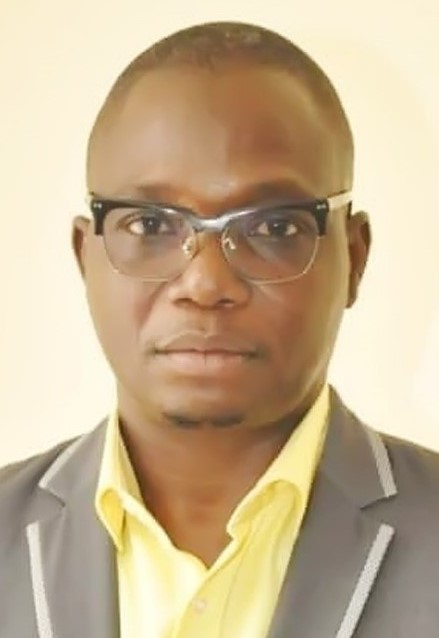
Kouadio Victorien EKPO
Philosophe-bioéthicien, Maître de Conférences au Département de philosophie à l’Université Alassane Ouattara, Côte d’Ivoire. Il est chercheur à la Chaire Unesco de Bioéthique et auteur de plusieurs publications scientifiques dans le champ de l’éthique en générale et particulièrement dans le domaine des technosciences biomédicales. Ses recherches récentes portent sur le trans-posthumanisme.
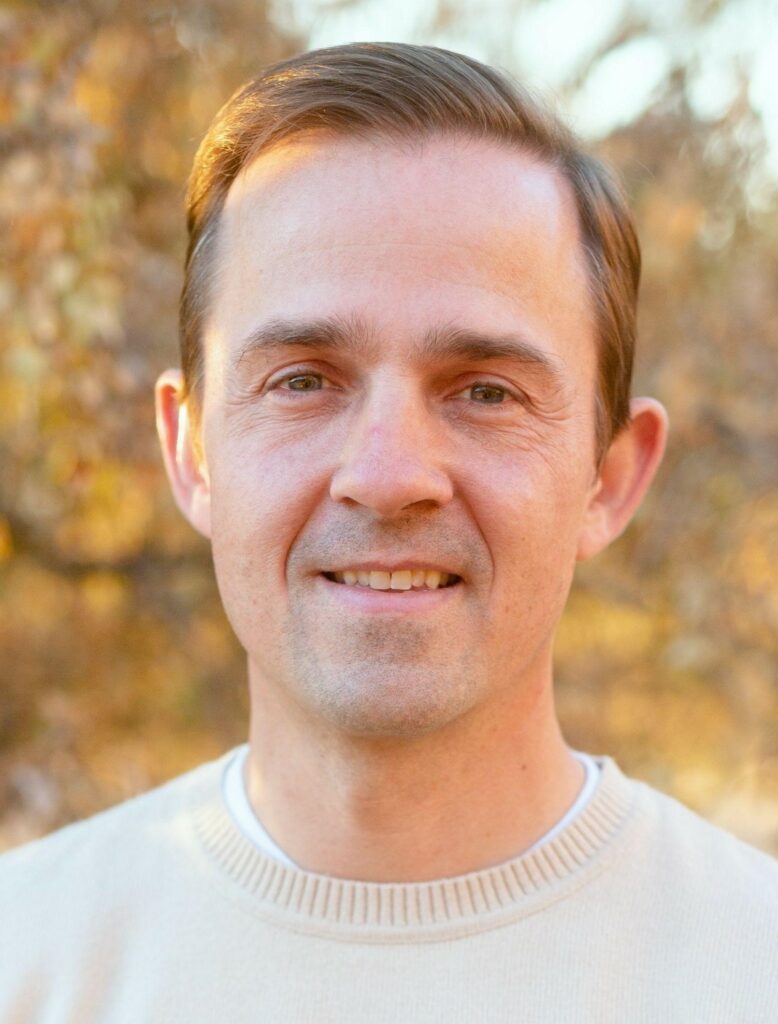
Carl Youngblood
President and co-founder of the Mormon Transhumanist Association. He regularly engages in thoughtwork surrounding future technological advances, and recently published an essay on artificial intelligence for Wayfare Magazine. Carl has made a career in software engineering. He co-founded Blockscale, a blockchain startup that was acquired by Coinbase, and currently works as co-founder of Verasys, a startup that uses AI to rank the efficacy of health interventions.

Lincoln Cannon
Writes and presents about technological evolution and postsecular religion. He esteems religion as a powerful social technology that, like all technology, presents both risks and opportunities. And he envisions the ethical use of technology empowering humanity to attain unprecedented magnitudes of intelligence, vitality, and compassion. He is a co-founder of the Mormon Transhumanist Association and the Christian Transhumanist Association. He also formulated the New God Argument.
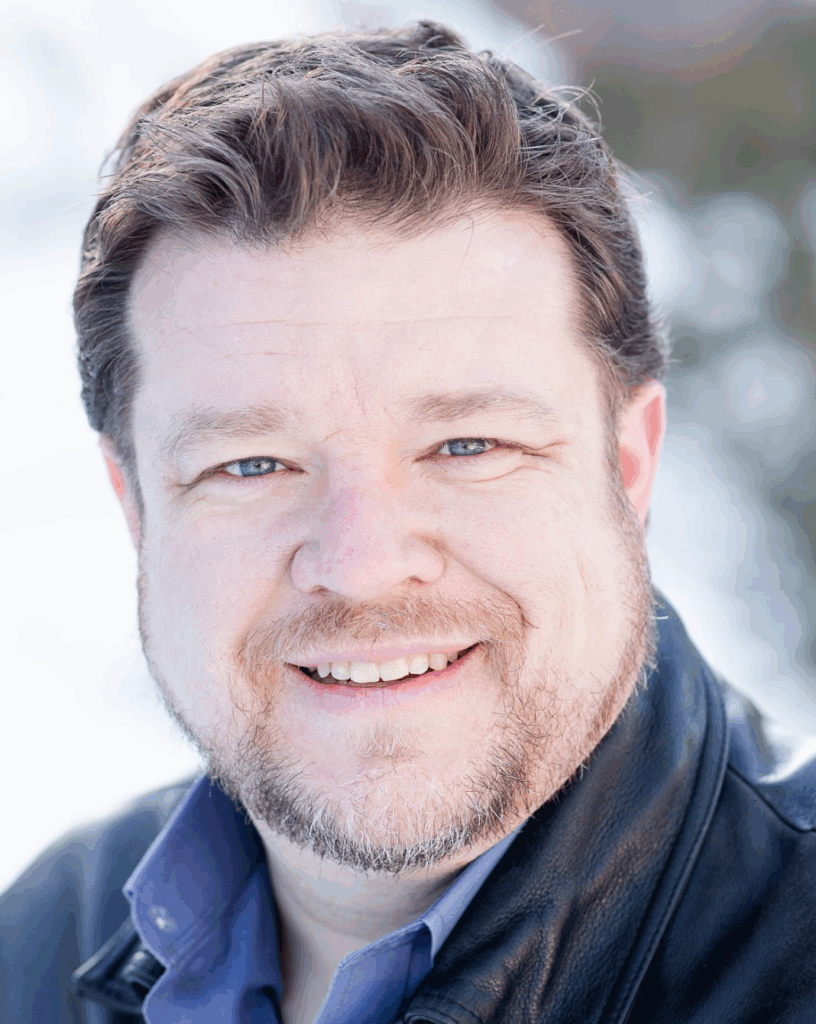
Marcus Flinders
Is a visionary leader, attorney, and entrepreneur with nearly three decades of experience advancing innovation at the intersection of technology, law, and human potential. As an attorney, Marcus advises major clients on digital currency, decentralized finance, tax strategy, corporate governance, and complex regulatory landscapes — blending legal mastery with a forward-thinking understanding of how emerging technologies are reshaping value, trust, and social systems.
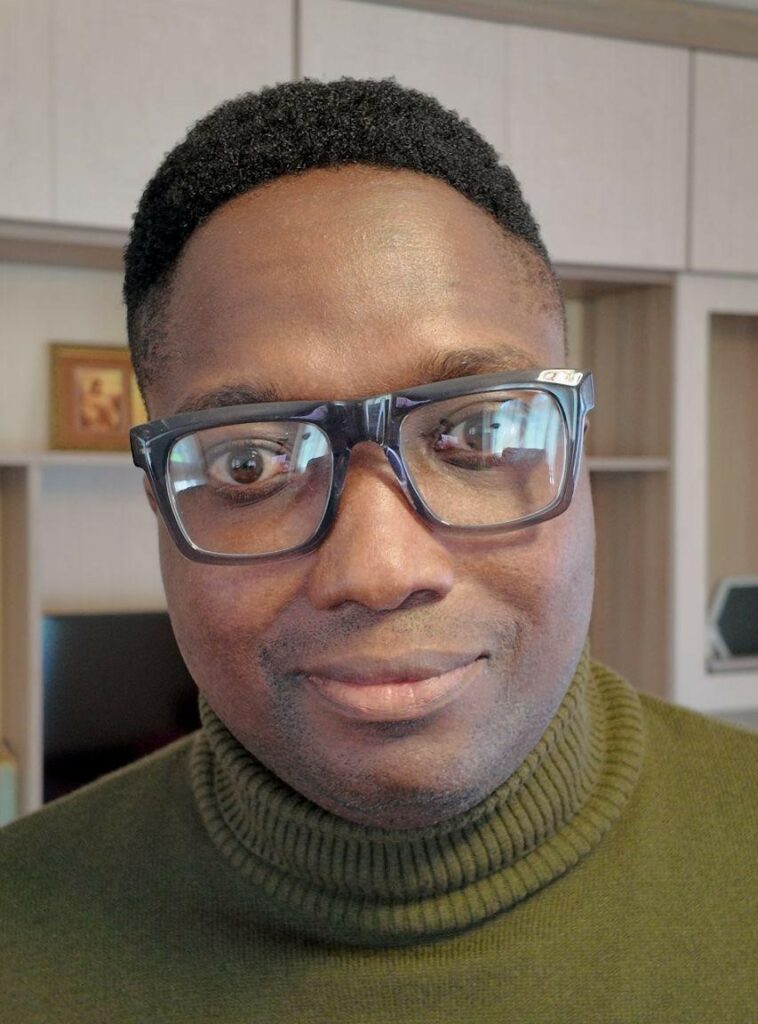
Screven Usi
Currently serves as the Africa Regional President of the Mormon Transhumanist Association. He’s an accomplished writer and a regular contributor to the Liahona Magazine. His diverse professional background includes crafting compelling narratives as a content strategist for Scroll Agency, a leading whitelabel marketing agency in Utah. He’s also played a significant role in fostering vibrant creative writing communities in Kenya, notably as an event organizer for Shut Up & Write Nairobi.
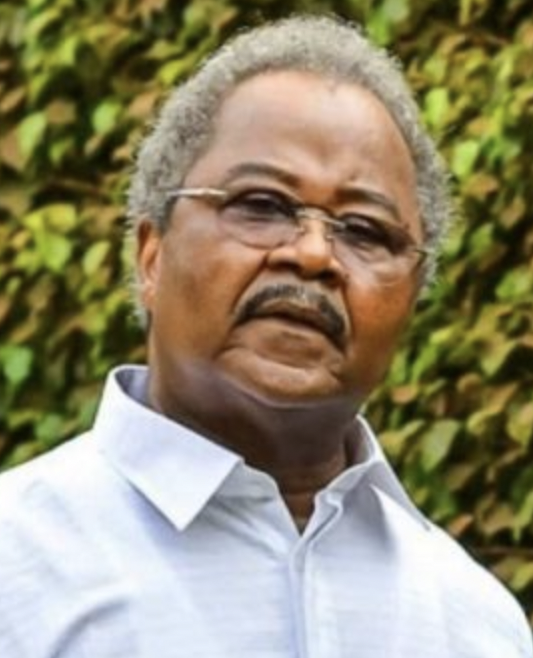
Ebénézer Njoh Mouelle
Philosophe camerounais dont l’œuvre marquante sur le transhumanisme, Transhumanisme, marchands de science et avenir de l’homme (2017), il a suscité une large reconnaissance. Il est aussi l’auteur de De la médiocrité à l’excellence (1970), étudié en Afrique francophone. Fondateur du Cercle Camerounais de Philosophie, il a mené une intense activité intellectuelle en parallèle de ses responsabilités politiques (ancien ministre de la communication du Cameroun). Il a été invité au Collège de France en 2013 et honoré par plusieurs institutions académiques. Site web personnel : www.njohmouelle.org
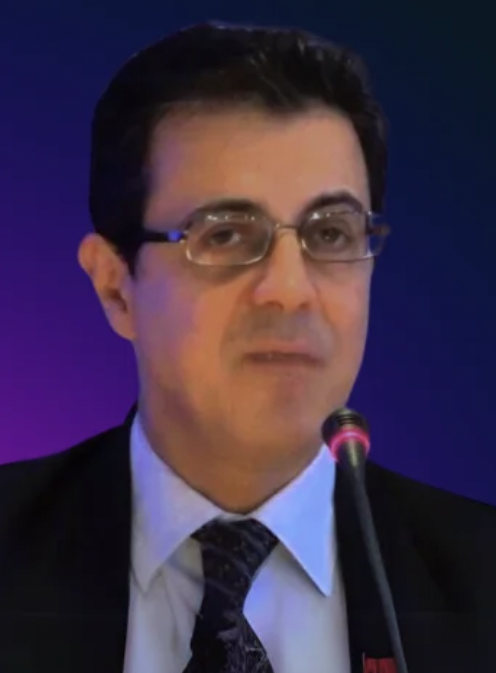
Stefano Vaj
Juriste, journaliste et essayiste, il est titulaire d’un doctorat en philosophie et secrétaire national de l’Associazione Italiana Transumanisti (AIT). Avocat inscrit auprès de la Cour de Cassation, il enseigne le droit des technologies. Cofondateur de l’AIT en 2006, il contribue activement au débat transhumaniste à travers conférences, traductions et publications, notamment Biopolitica. Il nuovo paradigma et Artificialità intelligenti (2023). Son orientation posthumaniste, identitaire et technofuturiste le place à la pointe des réflexions métapolitiques en Italie.
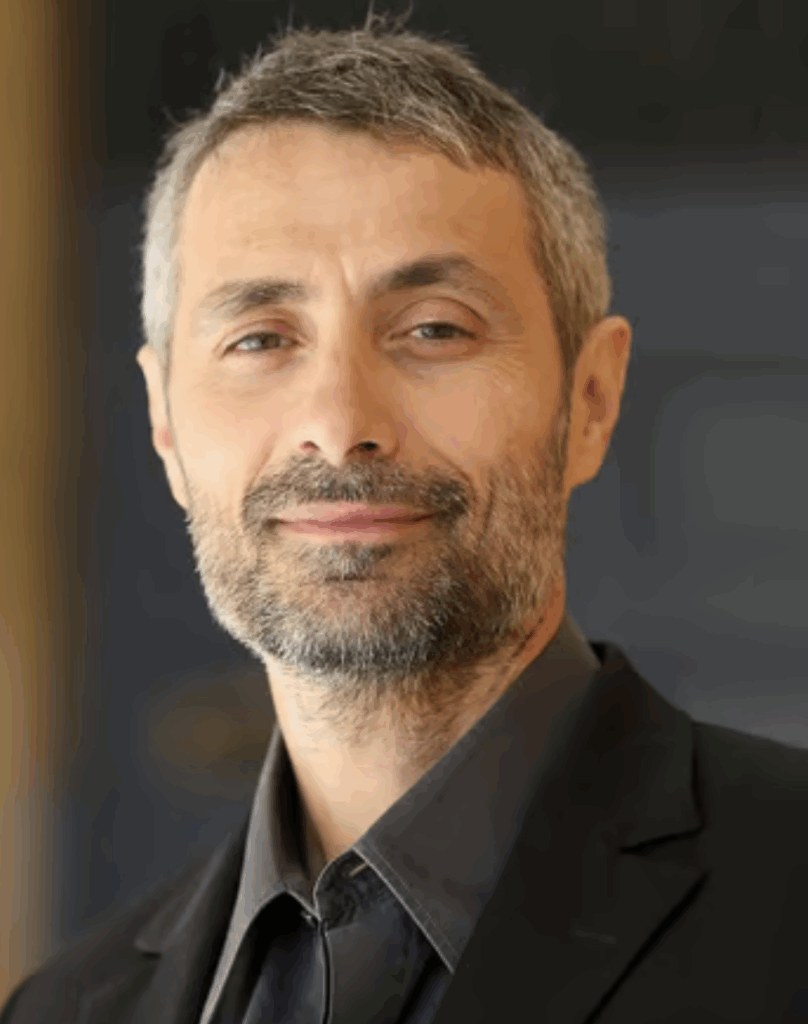
Raphaël Liogier
Sociologue et philosophe, professeur des universités à l’Institut d’études politiques d’Aix-en-Provence, il a dirigé l’Observatoire du religieux de 2006 à 2014. Il est également chercheur associé au laboratoire Sophiapol à l’Université de Paris 10 Nanterre. Il dirige aussi la Chaire des transitions à L’université Mohammed VI Polytechnique, au Maroc.
Ses recherches portent sur la mutation des identités, religieuses en particulier, dans la globalisation, sur les croyances, les mythes contemporains, les constructions imaginaires individuelles et collectives et leurs conséquences politiques, sociales et économiques.
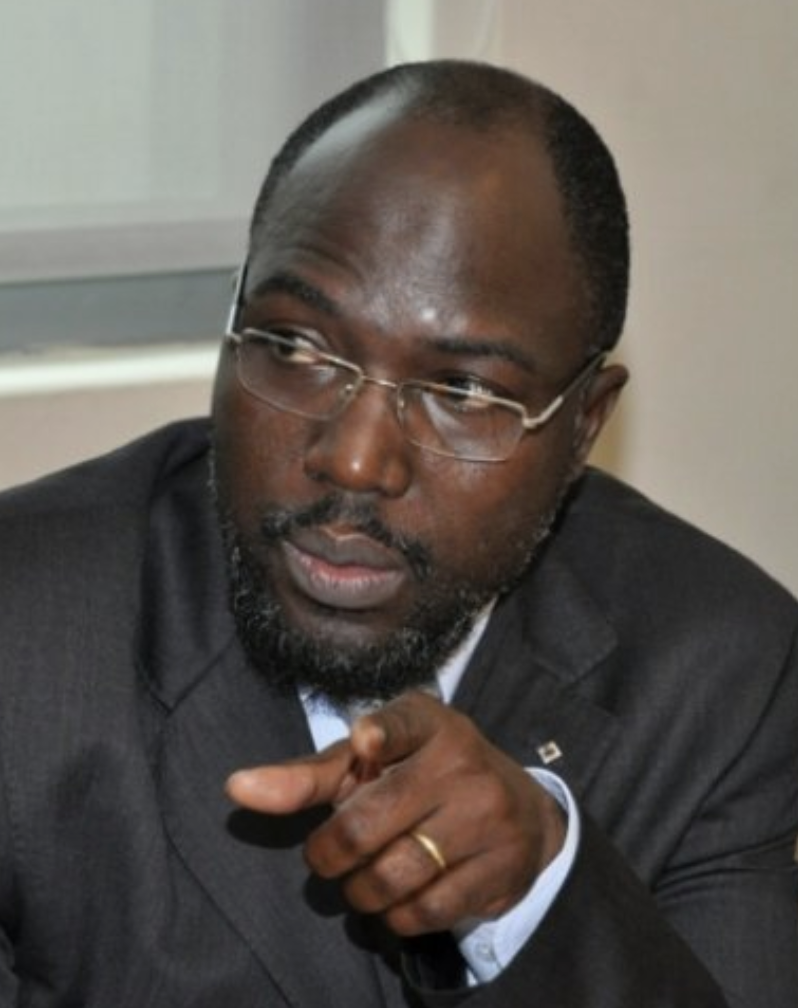
Lazare POAMÉ
Président honoraire de l’Université de Bouaké en Côte d’Ivoire, il est titulaire de la Chaire UNESCO de Bioéthique pour le monde francophone et membre de l’Académie royale des Sciences, des Lettres et des Beaux-Arts de Belgique. Il a introduit en 1994 l’enseignement universitaire de la Bioéthique en Côte d’Ivoire et contribué, en 2001, à l’élaboration de la Nouvelle Encyclopédie de Bioéthique. Élu, en 2002, Président du Comité Consultatif National de Bioéthique, le Professeur Poamé est Membre de la Commission régionale d’Experts AUF et Membre du Comité Consultatif d’Ethique pour la recherche agronomique INRA/CIRAD en France.
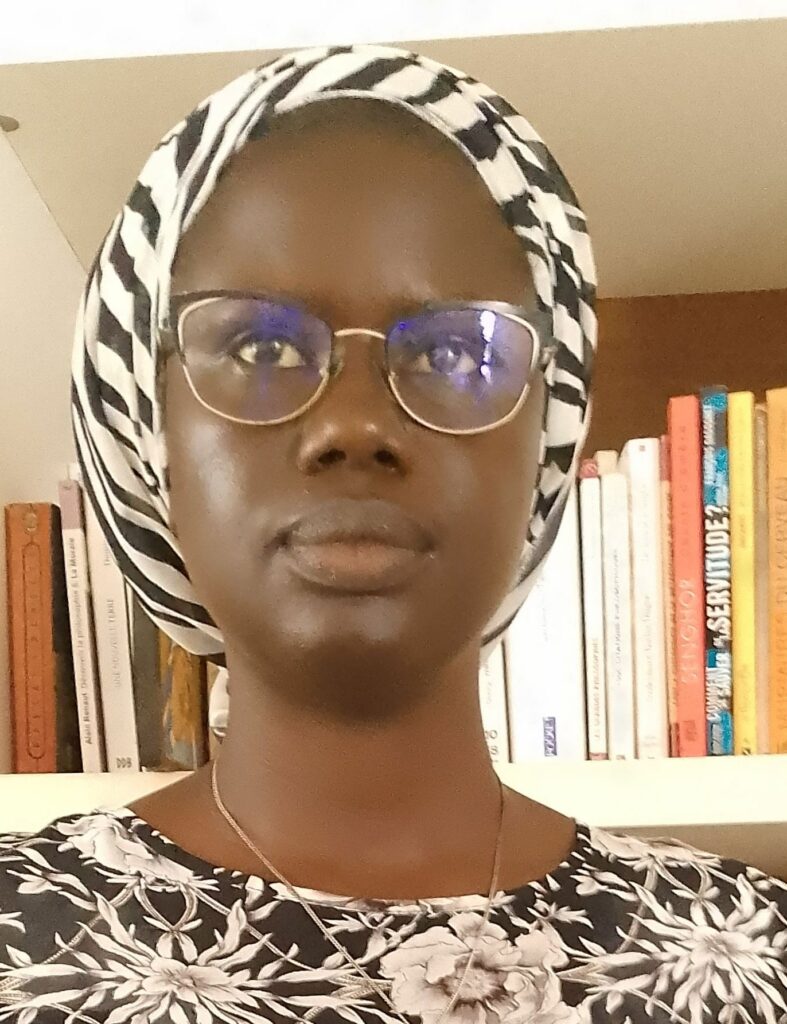
Jeanne Diouma DIOUF
Titulaire d’un doctorat obtenu à l’Université Toulouse 2 Jean-Jaurès en 2019.
Actuellement, elle est Maître-Assistante à l’Université Cheikh Anta Diop de Dakar (Sénégal).
Elle est aussi membre de la Société des Amis de Bergson (SAB) et du Groupe
interdisciplinaire de recherches sur les cultures et les identités (GIRCI) affilié à l’École
Doctorale ETHOS de l’UCAD. Ses travaux portent sur les questions épistémologiques et
éthiques, sur le posthumanisme et le transhumanisme.
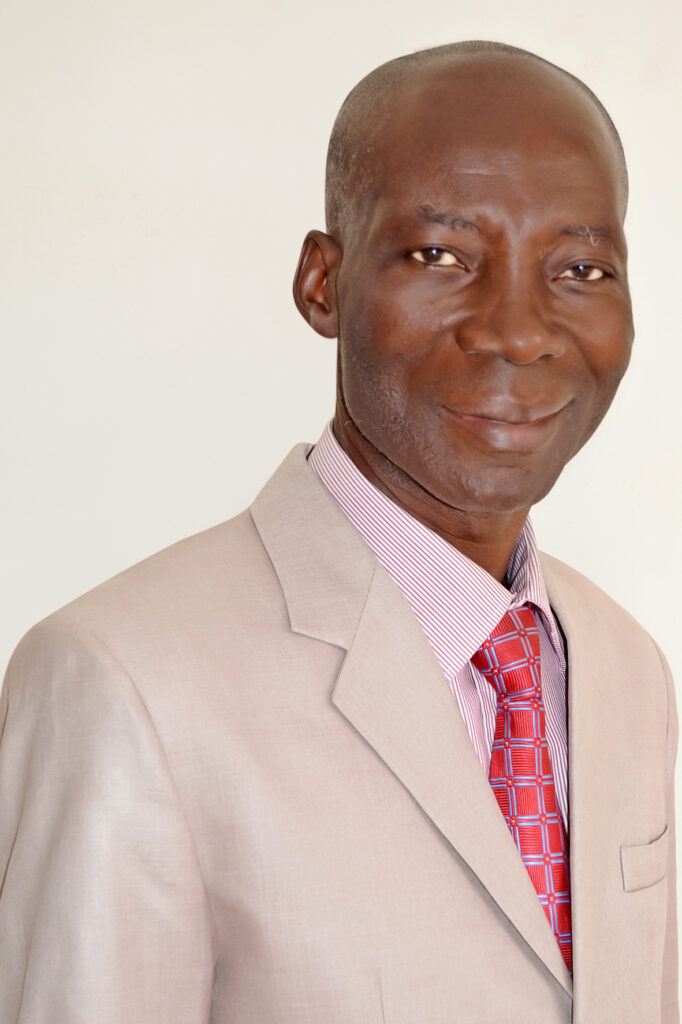
Andrédou Pierre Kablan
Est Bioéthicien, et Enseignant-chercheur au Département de
Philosophie, (UAO). Il est Consultant international en Gouvernance, Développement et
Sécurité humaine.
Il est aussi Chercheur associé à la Commission nationale française pour l’UNESCO sur le
projet ‘’Penser le Transhumanisme’’ (2018-2020).
Enfin, il est le Directeur-Fondateur du Laboratoire de Recherche en Ethique,
Développement et Humanité Durable (LAREDHD) sis à l’UAO, qui a organisé les 11 et 12
juin 2025 le premier Colloque international transdisciplinaire sur le thème : « Gouvernance
et développement durable en Afrique : accompagner l’Agenda 2063 de l’Union
Africaine ».
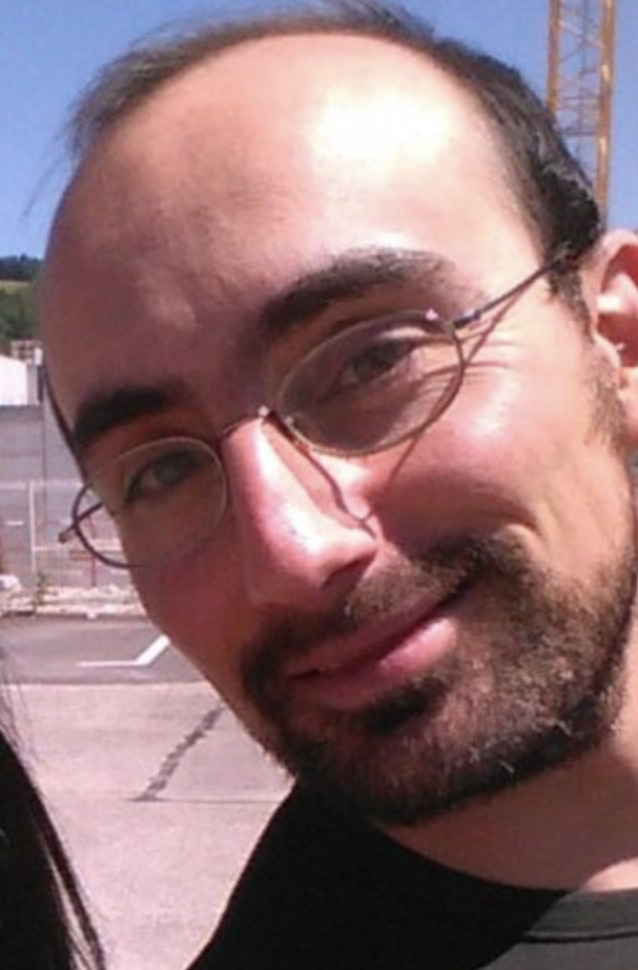
Frédéric Balmont
Porte-parole de l’Association Française Transhumaniste, essayiste, auteur de publications académiques en philosophie, il développe particulièrement les enjeux spirituels et politiques du transhumanisme. Ses deux ouvrages principaux sont Alain Soral, ou le retour de la bêtise immonde (L’Esprit Frappeur, 2016) et Transhumanisme : la méditation des chiens de paille (AFT, 2019)
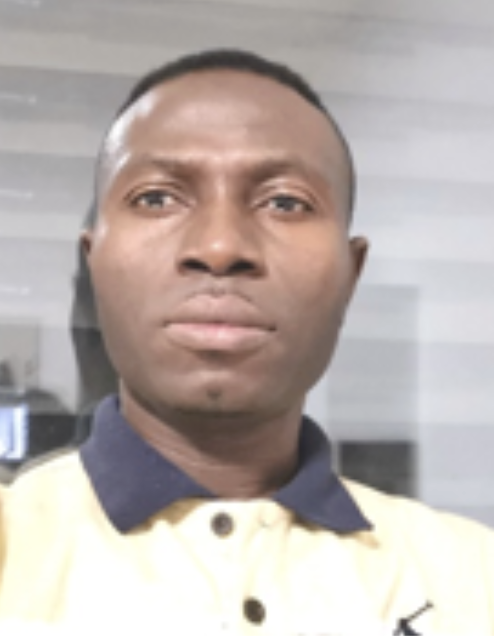
Siba TCHA-MOUZA
Sociologue Santé & Éducation , Directeur exécutif de La Protection, Représentant local de l’AFT-Technoprog et du US Transhumanism Party pour le Togo.
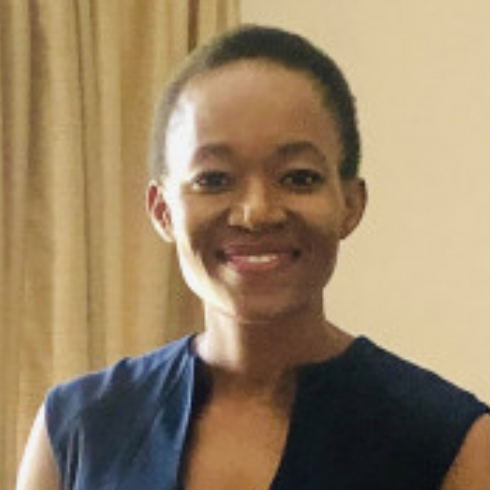
Brenda Ramokopelwa
(South Africa) is a Futurist with ethical referents, Keynote Speaker, and Award-Winning Risk and Governance professional with years’ experience in the financial sector. She is the CEO of the Transdisciplinary Agora for Future Discussion (TAFFD’s), a Global Think and DO Tank committed to building the gateway into and out of Africa and facilitating young futurists.

